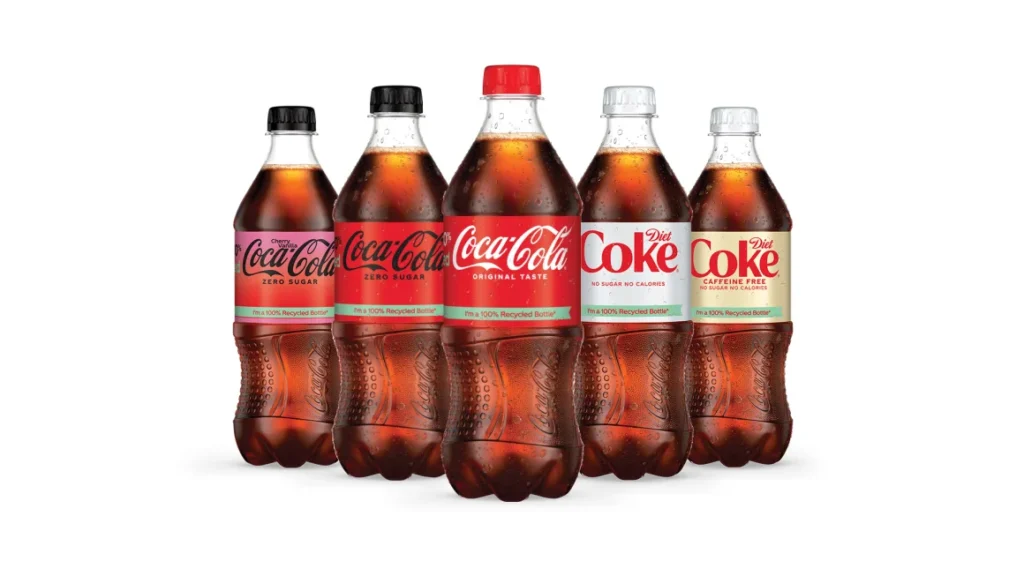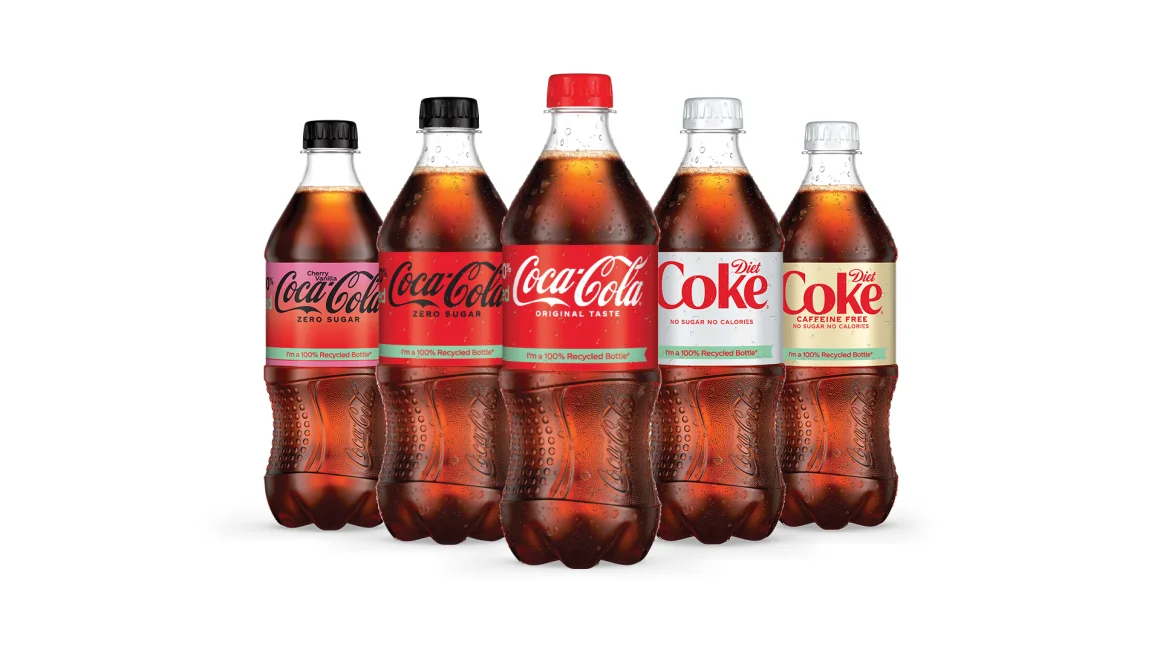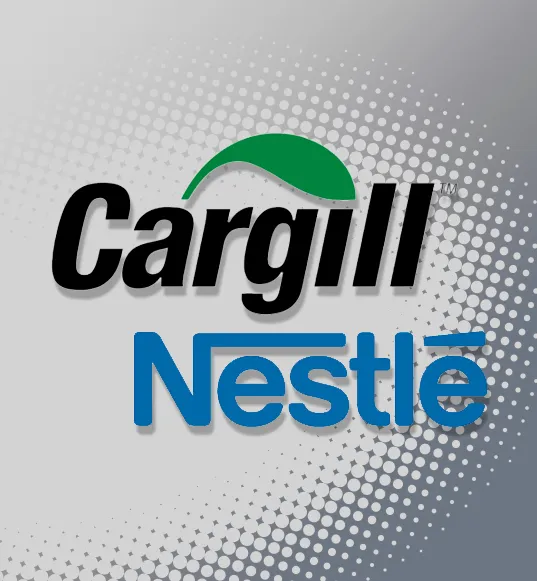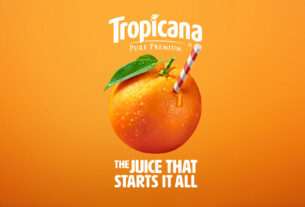Coca-Cola’s Environmental Endeavor: Transforming Bottles for a Greener Future
Coca-Cola, a frequent target of criticism for its plastic pollution, unveils changes to its iconic soda bottles in a bid to enhance environmental sustainability.
A Step towards Sustainability: Introducing Recycled Plastic Bottles
The beverage giant introduces a significant change: all 20-ounce bottles of Coca-Cola, including zero sugar and diet variants, sold in the US will now be crafted from 100% recycled plastic. This milestone represents a key stride towards Coca-Cola’s ambitious 2030 goal of utilizing recycled material in half of its product portfolio.
Confronting the Plastic Predicament
With single-use plastic pollution persisting as a global menace, Coca-Cola’s shift to recycled plastic underscores a concerted effort to combat environmental degradation. The prevalence of plastic, primarily derived from fossil fuels, poses multifaceted challenges to ecological sustainability.
Consumer Demand and Corporate Responsibility
Acknowledging evolving consumer preferences for eco-friendly packaging solutions, Kurt Ritter, vice president of Coca-Cola’s sustainability endeavors in North America, underscores the company’s commitment to pioneering sustainable practices. As a leading global beverage entity, Coca-Cola assumes a mantle of responsibility to spearhead innovative initiatives in environmental stewardship.
Evolution of Coca-Cola Packaging: From Green to Clear
Coca-Cola’s journey towards sustainable packaging commenced with the introduction of recycled polyethylene terephthalate (rPET) in 2021 for Dasani water bottles in select states, subsequently expanding nationwide in 2022. Notably, the removal of green PET from Sprite bottles exemplifies the company’s resolve to optimize recyclability and minimize environmental impact.
Reducing Plastic Dependency: A Promising Prospect
The transition to 100% recycled plastic bottles is poised to yield substantial environmental dividends, with an estimated reduction of 83 million pounds of plastic within Coca-Cola’s US supply chain. While the bottles’ appearance remains largely unchanged, the incorporation of recycled material signifies a pivotal shift towards eco-conscious packaging solutions.
Challenges and Opportunities: Assessing Market Response
While initiatives like the introduction of recycled plastic bottles reflect Coca-Cola’s proactive stance on sustainability, quantifying their impact on consumer behavior remains a complex endeavor. Market fluctuations, as evidenced by a 1% decline in North American volume, underscore the dynamic interplay between environmental initiatives and commercial performance.
Charting the Course Ahead: Expanding Sustainable Practices
Coca-Cola’s commitment to sustainability extends beyond bottle redesigns, with plans to expand the rollout of recycled plastic bottles nationwide by summer’s end. Furthermore, the Smartwater brand’s forthcoming introduction of bottles crafted from 100% recycled plastic signals a broader corporate ethos centered on environmental stewardship.
Urgency in Environmental Action: Addressing Persistent Concerns
Despite commendable strides towards sustainability, Coca-Cola’s designation as the world’s top plastic polluter for the sixth consecutive year underscores the urgency of more aggressive action. Environmental advocacy groups emphasize the imperative for systemic shifts towards reusable packaging systems to effectuate meaningful change.
Conclusion: Navigating the Path to Sustainability
Coca-Cola’s endeavor to revamp its packaging underscores a broader industry-wide push towards environmental responsibility. While commendable progress has been made, the journey towards sustainability demands sustained commitment, innovation, and collaboration across sectors to mitigate the pervasive threat of plastic pollution.
Related: Coca-Cola Revamps Innovation Strategy
Source: CNN




